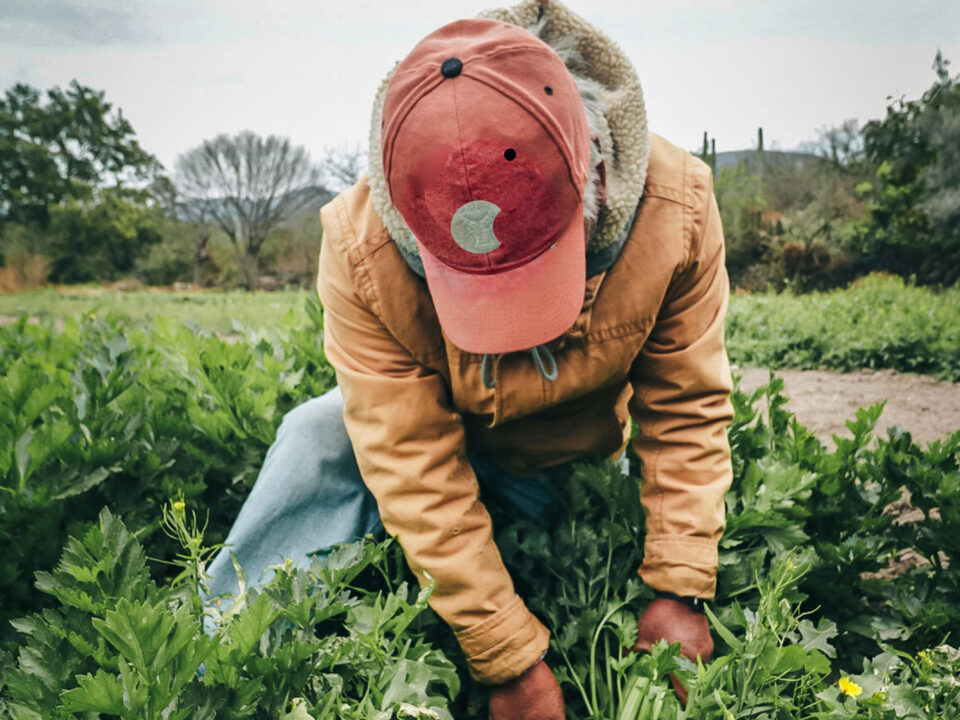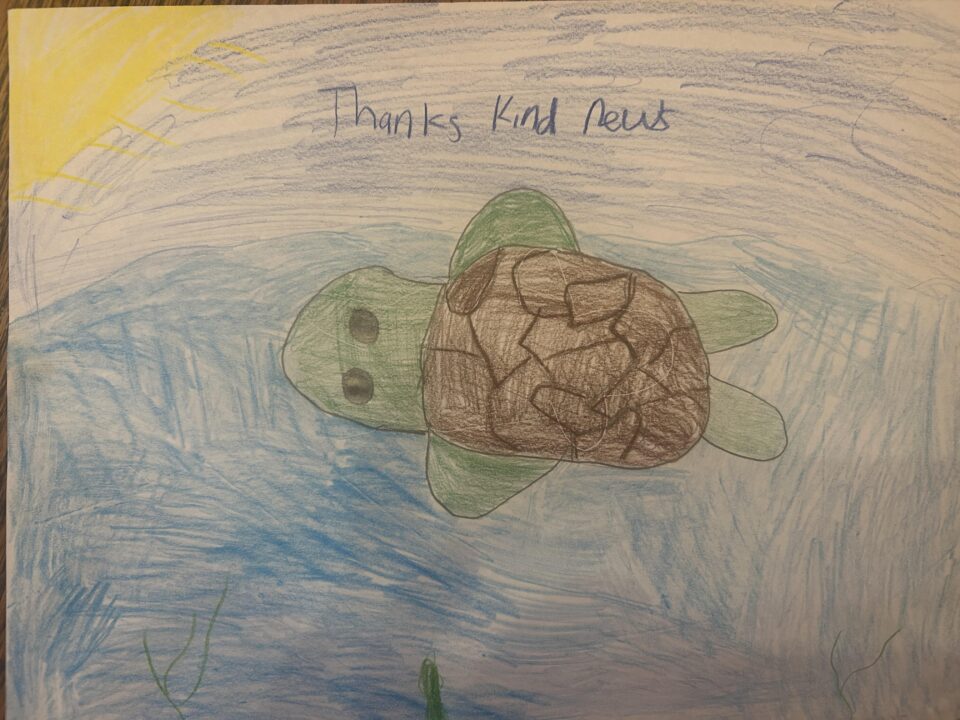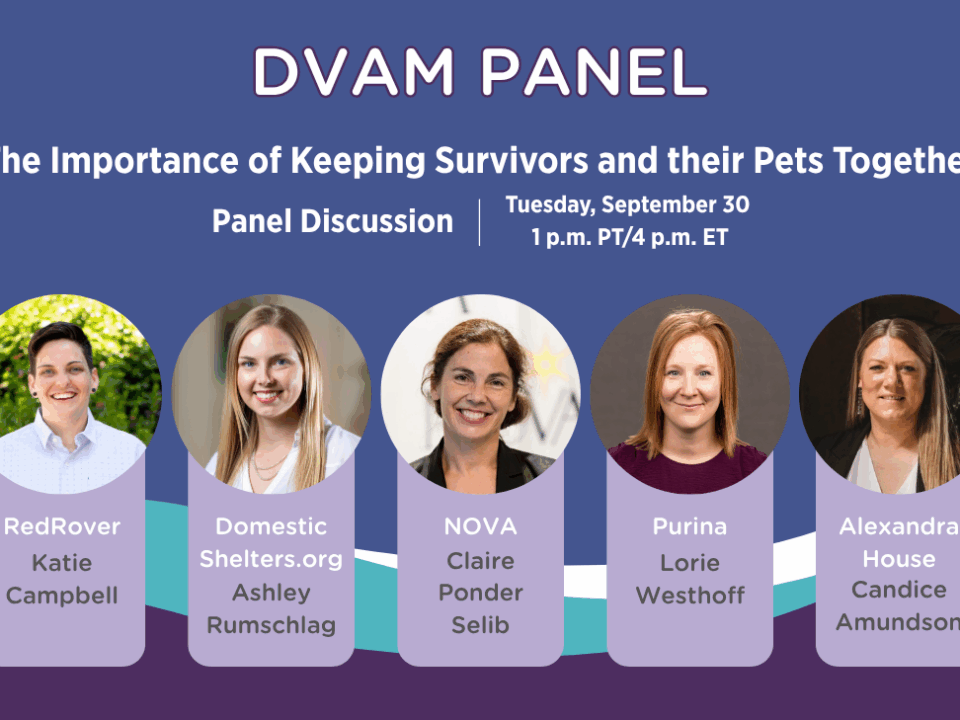Helping children deal with trauma
January 19th, 2018
By Tara Lenehan, RedRover Education Coordinator
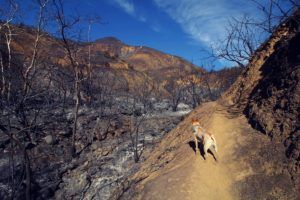
Over the past year, California has battled multiple natural disasters, including the state’s worst wildfire to date, the Thomas Fire. As of January 2018, over 270,000 acres have burned in the Southern California area. Coping with natural disasters, such as wildfires, can be difficult for any adult – but it can be especially hard for children.
Below are some coping strategies that you and your children can use together.
- Be non-judgmental and supportive. Let children have their own reactions. Children may have increased fears and worries about separation from family members, and young children may become clingy to parents, sibling or teachers – this is okay. Avoid telling children what they should or should not feel.
- Listen. Provide opportunities for children to talk and express whatever they are feeling and thinking. Children may have fears about the wildfires moving towards them or become distressed when reminded of the fires – such as the smell of burning wood, sounds of helicopters or the sight of burned landscapes. These fears are normal.
- Be honest. Provide accurate information appropriate to the child’s ability to understand and wish to know. In order to cope, children need to trust that we will be honest with them. The unknown and the imagined can be much more terrifying than the truth.
- Be patient. Healing will take time. Children may take longer than adults to resolve trauma and grief. Their processing of it may be intermittent. They may need to ask the same questions over and over.
- Share your feelings and stay connected with your peers. It is okay for children to know that you’re human and have feelings, too, but don’t overburden your children with your anxieties. Monitor adult conversations while around children, and make sure you take care of yourself and have good support from other adults. Be sure to share solutions and uplifting information around children and peers too.
- Provide affection and reassurance. Children may need extra safety measures: e.g., sleeping in your room, leaving lights on, etc. Reassure children that work is being done in the community (such as first responders protecting people, homes and pets) and that life will soon be back to normal. Let your children know that they are loved and that the adults in their lives will do their best to keep them safe.
- Maintain order, security and stability. Keep the family’s routine as consistent as possible to help children know what is happening next. Making an effort to keep a routine will be beneficial for the whole family.
- Give choices. Giving children age appropriate choices lets them experience a sense of control and participation. Perhaps ask: “What do you think might help you feel safe?”
- Get some exercise. Releasing natural endorphins is a healthy and natural way of relieving stress. Be sure to take into account air quality in your community, especially during or after a wildfire. If possible, travel to an area with an air quality index (AQI) between 0-50. To find out what the AQI in your community is, visit: https://www.airnow.gov/
- Ask for support if you still need help! If you or anyone in your family is in need of someone to talk to immediately, you can call the Disaster Distress Helpline, open 24/7, 365 days a year for counseling and support to people experiencing emotional distress related to natural disasters. Call (800) 985-5990 toll-free, or text TalkWithUs to 66746 for multilingual, confidential crisis support.

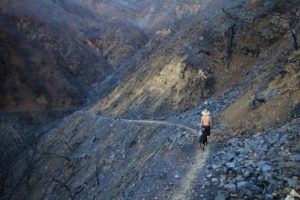
View and share our resources for Pet Disaster Preparedness.

